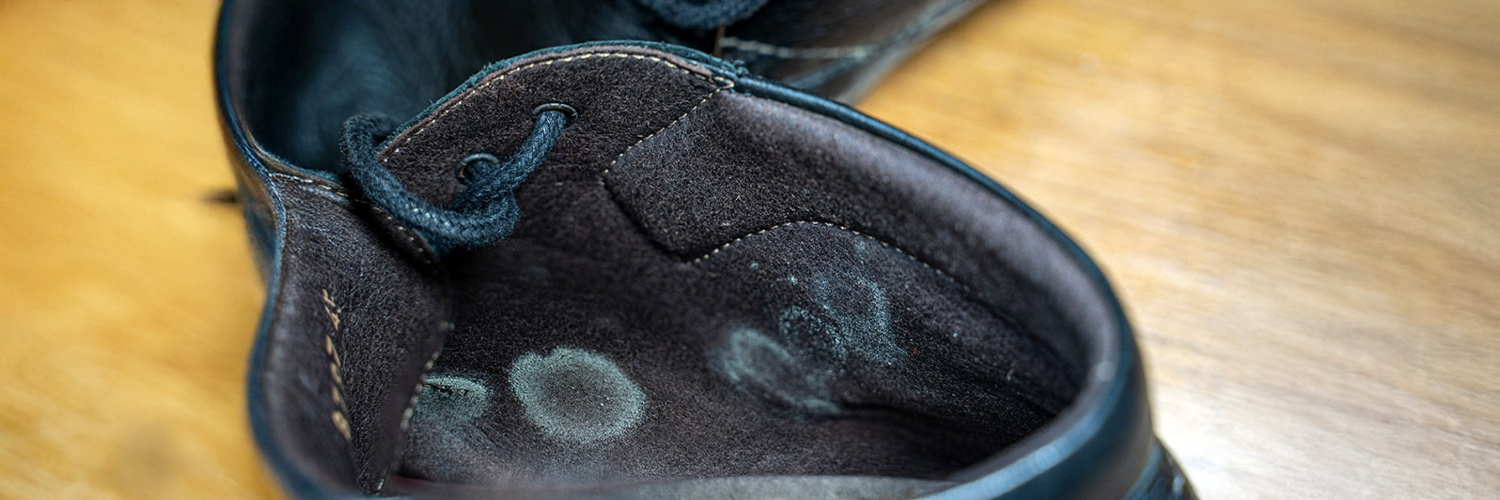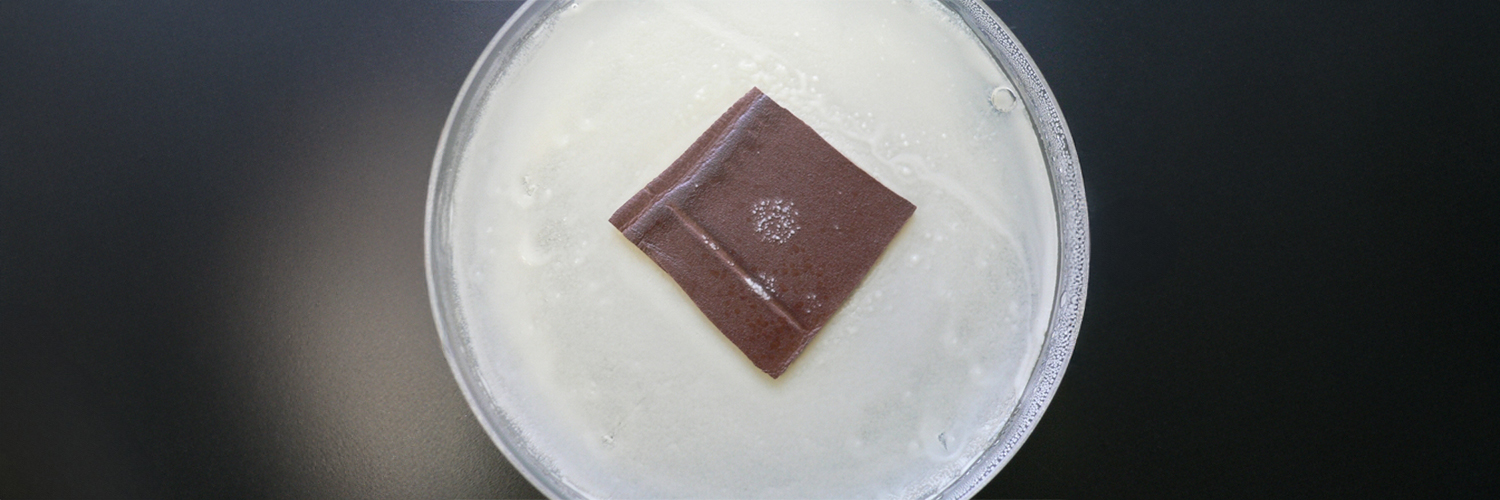- ABOUT CTC
- EXPERTISE AND SERVICES
- Raw hide - Tannery
- Footwear
- Leather goods - Glove-making
- PPE
- Environment
- CSR
- Training
- Safety of articles with ICARE
- BLOG AND NEWS
- CTC VIDEOS
- LEAFLETS AND PUBLICATIONS
- CUSTOMERS EXTRANET
EN
As well as potentially serious health implications for your employees and clients, the appearance of mold can cause unpleasant odours, discolouration and even irreversible damage to your products. Entire stocks may have to be discarded as a result, with significant financial consequences for your business.
CTC offers different types of services to reduce the risks associated with the appearance of mold.
The “mold audit” is a specific audit that CTC conducts at the premises of the suppliers producing your raw materials, semifinished or finished products.
It is an audit to secure best practices at your suppliers’ facilities. It reduces the risk of mold development and contamination by including an assessment of the conditions in which your products are manufactured, stored and conditioned.

CTC analyses maintenance and cleaning practices. Packaging materials are also assessed. A corrective action plan details CTC’s recommendations, red flags and priorities, thus providing an outline for a continuous improvement plan.
The CTC experts spend a day assessing six main criteria related to the manufacturing site:
An audit report is issued within 48 hours, with an overall audit score expressed as a %, thus providing an immediate risk assessment for each factory.
This is a section-by-section review including expert observations, photographic evidence, and CTC’s suggestions for improvement based on our findings and expert feedback.
| Service | Description | Detail | Cost |
| “Mold audit” | Factory visit, risk analysis, issuance of audit report and prevention plan | 1 audit day | On request |
Product inspection with random sampling is the most effective visual inspection check to ensure your products are in good condition prior to shipment. The inspections are carried out in accordance with standard ISO 2859 (MIL STD 105 E or NF X 06.022).
The CTC inspectors ensure that there is no mold on your products before they are placed in containers and shipped.
Although it cannot guarantee the absence of mold in transit, the inspection check remains an important guarantee of the absence of mold at the time of inspection, especially for products that may have been stored for several days or weeks prior to loading.
The CTC checks ensure:
The CTC experts verify the absence of mold on your products and ensure conformity with your specifications and packaging requirements (patches, dehumidifiers: prevention solutions to manage any presence of moisture in your orders).
| Service | Description | Detail | Cost |
| Mold pre-shipment Inspection | Random sampling, batch control and verification of quality, quantity and absence of mold | 1 day is needed to check an order of 10,000 items (or pairs) | On request |
CTC’s laboratory tests can:

This information is vital in determining the health status of products at a given time and helping you to take corrective action as early as possible.
Objective: CTC offers a laboratory test to assess the presence of mold on your products (or packaging). The purpose of this test is to assess the mold load on the surface of a product or material at a given time.
Methodology: internal CTC protocol. A contact sample is taken directly from the product. The assessment is made after incubation, by digitally counting the mold colonies on the surface of the sample.
Acceptability threshold: ≤ 20 CFU/25 cm2
Test duration: 5 days
Test limit: representativeness of the test for the whole batch. CTC will help you to define a representative sample based on the batch size and on risk factors. Two samples are recommended (inner and outer parts) for finished products such as footwear, leather goods, clothing and gloves.
Objective: demonstrate the mold contamination of a product or material by accelerated ageing under laboratory conditions.
Methodology: observation of the evolution of a healthy product over time and under controlled environmental conditions of 30 °C and 80% humidity. (Internal CTC protocol).
Test duration: 7 to 21 days.
Test limit: the findings apply to experimental conditions and cannot be extrapolated in the absence of development.
Objective: identification of the type of mold that has developed on the product. Confirmation that the problem encountered is due to mold, with an indication of the type but not the species.
Methodology: internal CTC protocol. Sampling, cultivation in favourable environmental conditions and precise microscopic identification of the type of mold.
Test duration: 21 days
These different services can be combined.
Our experts will take into account your products and your risk management approach to help you guarantee the safety of your products and prevent the appearance of mold at each stage of the logistics chain.
We are at your disposal to provide the right services to protect your products against this risk.